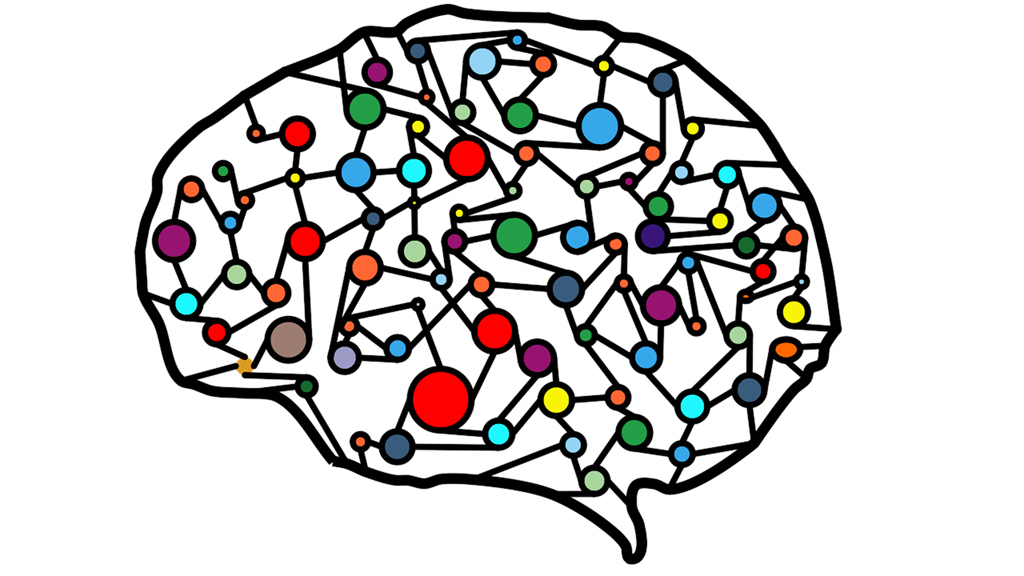Male, employed, 18-34 years old: who is using illegal sources for e-Books – and how often?
The University of Amsterdam releases a sequel on online piracy. The report deals with the acquisition and consumption of music, films, series, books and games through the various legal and illegal channels that exist nowadays, in a set of 13 countries in Europe (France, Germany, the Netherlands, Poland, Spain, Sweden), the Americas (Brazil, Canada) and Asia (Hong Kong, Indonesia, Japan, Thailand). The illegal channels studied are downloading and streaming from illegal sources (including via dedicated technical devices), and streamripping.
About the study
The study was made possible by financial support from Google and builds on previous studies for the Dutch Government and the European Commission. In the latter, a comparable survey was used in six European countries, as a result of which time trends can be studied and there is even the unique possibility of following a few thousand respondents over time. For the countries outside Europe, i.e. Brazil, Canada, Hong Kong, Indonesia, Japan and Thailand, such a comparison over time is not possible.
For the six EU countries both legal and illegal online consumption of music, video, books and games increased, caused by higher online consumption per user. It also found that pirates consume twice as much legal content as people who do not pirate online. Piracy rates among internet users are higher in countries such as Indonesia, Thailand and Brazil. The study shows that piracy correlates with per capita income. This finding is in line with pirates giving price as the main reason.
The study finds that piracy displaces legal consumption of music, blockbuster movies, books and games, but mostly for adults and not so much for minors. Comparing the responses of 2015 and 2018, it seems that over a longer period changes in personal preferences affect legal and illegal consumption alike and that this effect dominates displacement.
The study is financed by Google. Click here to download the report.
More information:

